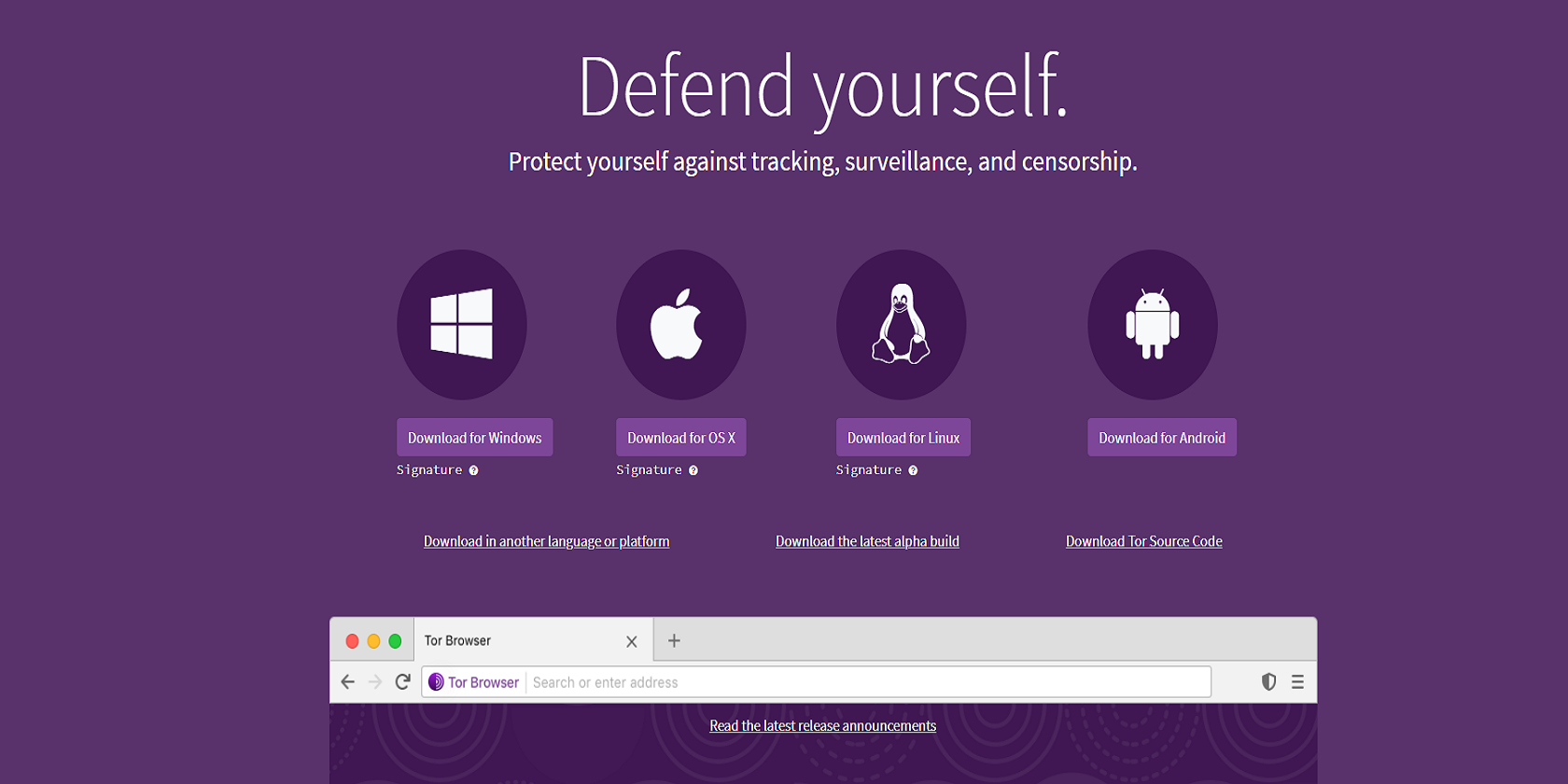What Is Private Browsing and How It Can Help You Browse Securely?
Are you tired of getting tracked and targeted for ads every time you visit a website? Do you worry about your online safety and privacy and wish there was a way to browse securely?
Fortunately, by utilizing a common feature known as private browsing or "incognito mode", an isolated short-term session can be created inside a browser that does not record any user data or your IP address and clears out cookies once the session is terminated.
But what are the real benefits of private browsing? And are there other options besides a browser's private mode that can help secure our online interactions?
Which Browsers Offer Private Browsing?
Going incognito mode in your browser is an easy way to enjoy a secure and private browsing experience—so all major browsers offer it. This includes Firefox, Chrome, and Safari. So what does this mean for users?
Mozilla Firefox's private browsing mode deletes cookies, so no browsing data is tracked once you close out the window. In fact, tracking cookies are blocked out by default and the browser does not remember any files you download, but they still stay saved on your computer.
The private mode for Google Chrome is known as Incognito Mode. If you're not sure whether you're using it, look at the top left corner of your window and you should see a "secret agent" icon. Similar to Firefox, Chrome's incognito mode does not keep track of the pages you visit or any data you submit online. The same goes for files you download.
Apple's Safari also offers a private browsing mode which removes temporary files when you close the window. The entire browsing history, user data, and cookies are all wiped out by default.
Related: How to Activate Incognito Mode for Private Browsing on Linux
Benefits of Private Browsing and How It Can Protect You Online
Here are the main advantages of private browsing.
Prevents Sites From Collecting Your Personal Information
Private browsing provides a clean slate for your online browsing journey. A regular browser experience leaves a long trail of history which is then used by most sites, including search engines and social networks, to target ads based on your past purchases and interests.
Protects You When You Are Away From Your Computer
How many times have you forgotten to log out of your online accounts especially when using a public device? A logged-in bank account or Facebook profile can be an open invitation to an opportunistic data stealer.
With private browsing, you do not have to worry as you are automatically logged out of any open accounts as soon as a browsing session ends. This prevents your online data from getting into the wrong hands.
Prevents Cookies From Being Stored on Your Computer

With no cookies to track, marketing companies will stand no chance of turning your online activities against you.
Logs Into Linked Accounts Simultaneously
Wouldn't it be wonderful if we could log into several accounts on the same site simultaneously? Let's say you have two Gmail accounts—one for work and one for personal use. With regular browsing, you would need to log out of one to check the other or use two different browsers, such as Chrome or Safari.
This is not the case with private browsing as it lets you log into multiple linked accounts simultaneously via different tabs.
Tips for Browsing Privately and Securely
Still worried about your online security? The good news is that, along with using the private browsing mode in your browsers, there are other options available that can further secure your browsing experience.
Here are some tips and tricks that can help implement private browsing without relying on incognito mode.
Invest in a VPN
VPN stands for a Virtual Private Network and is used for encrypting your online traffic and preserving your identity. By creating a secure and private tunnel for your internet traffic to flow through, it prevents third parties from entering the tunnel and stealing your data.
However, not all VPNs are created equal. It is best to do your research before investing in one. Options like WireGuard come highly recommended as they can be applied to many different devices and systems such as smartphones and tablets.
Another great VPN option is the iPhone app, Guardian Mobile Firewall. Akin to a smart firewall, this app similarly creates a secure tunnel for your iPhone data which prevents your phone from tracking or accessing your data and prevents geolocation from working.
Make Friends With HTTPS
The HTTPS protocol was devised for securing connections between your devices and the sites you are visiting. Fortunately, most major websites offer HTTPS and appear with a green padlock sign in the address bar.
HTTPS prevents your internet traffic from being stolen or intercepted and protects data in transit. Even while on public Wi-Fi, websites with HTTPS can prevent snoop attacks.
However, a portion of the internet still does not use HTTPS by default. To curtail this problem, a browser extension called HTTPS Everywhere is there to help. It automatically forces websites to load HTTPS by default and works in the background without utilizing a lot of resources.
Use Secure DNS
One harsh reality of online surfing is that your ISP can find out which websites you are visiting. There was also a law passed by Congress that allows your ISP to sell your browsing history to advertisers.
To bypass this problem, you can invest in a secure and private DNS provider. Some great public yet secure DNS providers include OpenDNS or Google’s Public DNS. They are pretty straightforward and easy to configure on your computer or a home router.
Be Careful With Plug-Ins and Extensions
Most web browsers allow you to run and download extensions in the hopes of enhancing your viewing experience. However, the drawback of using them is that you give away certain access to your browser, your data, and sometimes even your device.
All extensions are checked by browsers in advance but malicious ones can sometimes slip through the cracks, so it is always advisable to use them with an ounce of caution.
Java and Flash extensions gained a bad reputation in the past due to various bugs and vulnerabilities and are now mostly replaced by the native HTML5.
Use Tor Instead
A browser's private mode is great at deleting cookies and erasing your browsing history but it does not make you fully anonymous.
Using Tor—an open-source platform for protecting yourself against tracking and surveillance—is a great alternative as it makes snooping difficult. Your web traffic is completely filtered from the get-go and there is no trail of pages you've visited.
Use Private Browsing and Reduce Your Data Footprint
Every time we go online, we are tracked, chased, and then targeted with annoying ads. Most consumers and businesses value their online privacy and look for ways to protect it.
When it comes to online security, in-private browsing kicks it up a notch. If you want peace of mind that your activities are not being tracked online, then use private browsing and switch off your online tracking worries.
source https://www.makeuseof.com/what-is-private-browsing/



Post a Comment for "What Is Private Browsing and How It Can Help You Browse Securely?"
Comment when there are difficulties